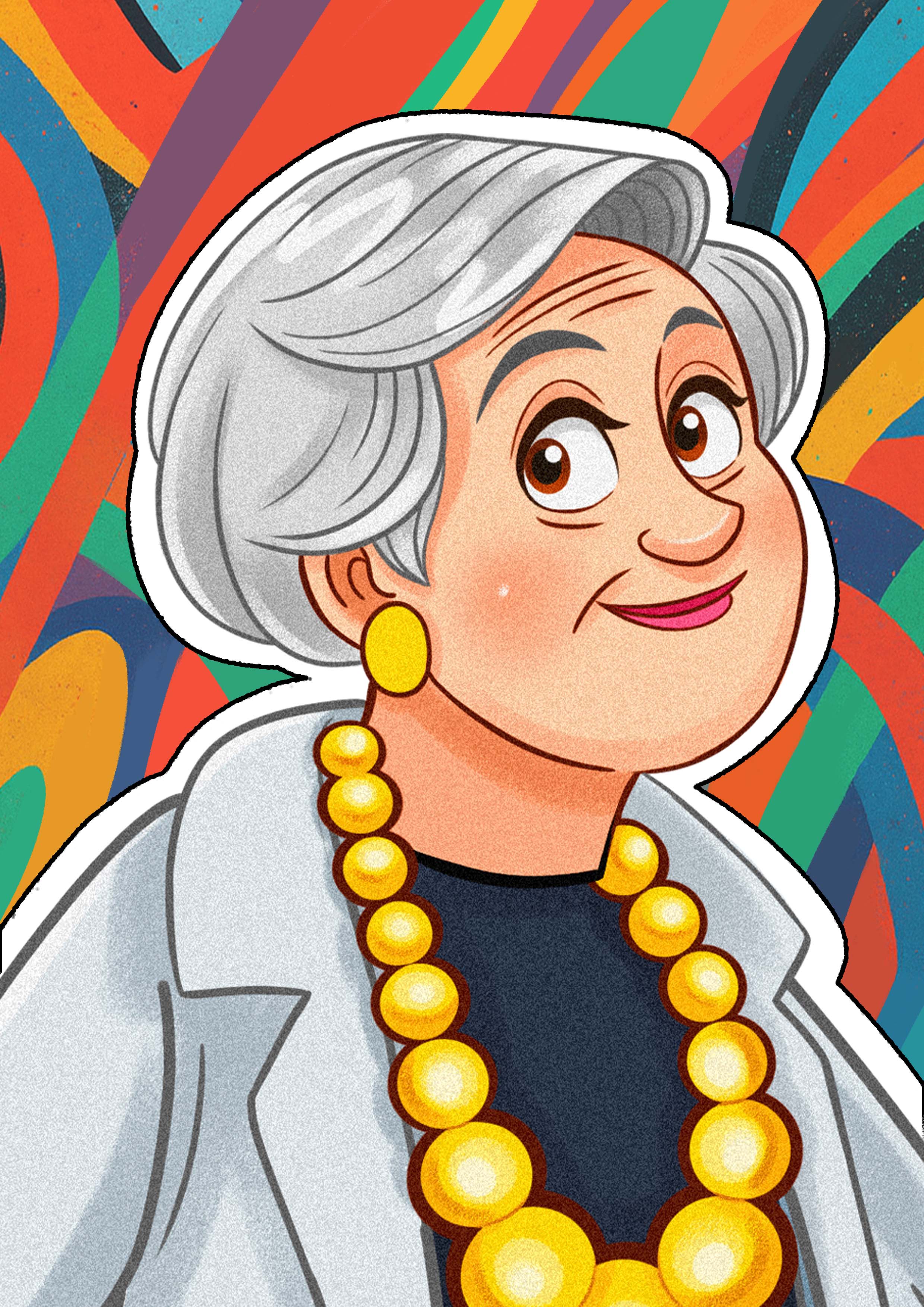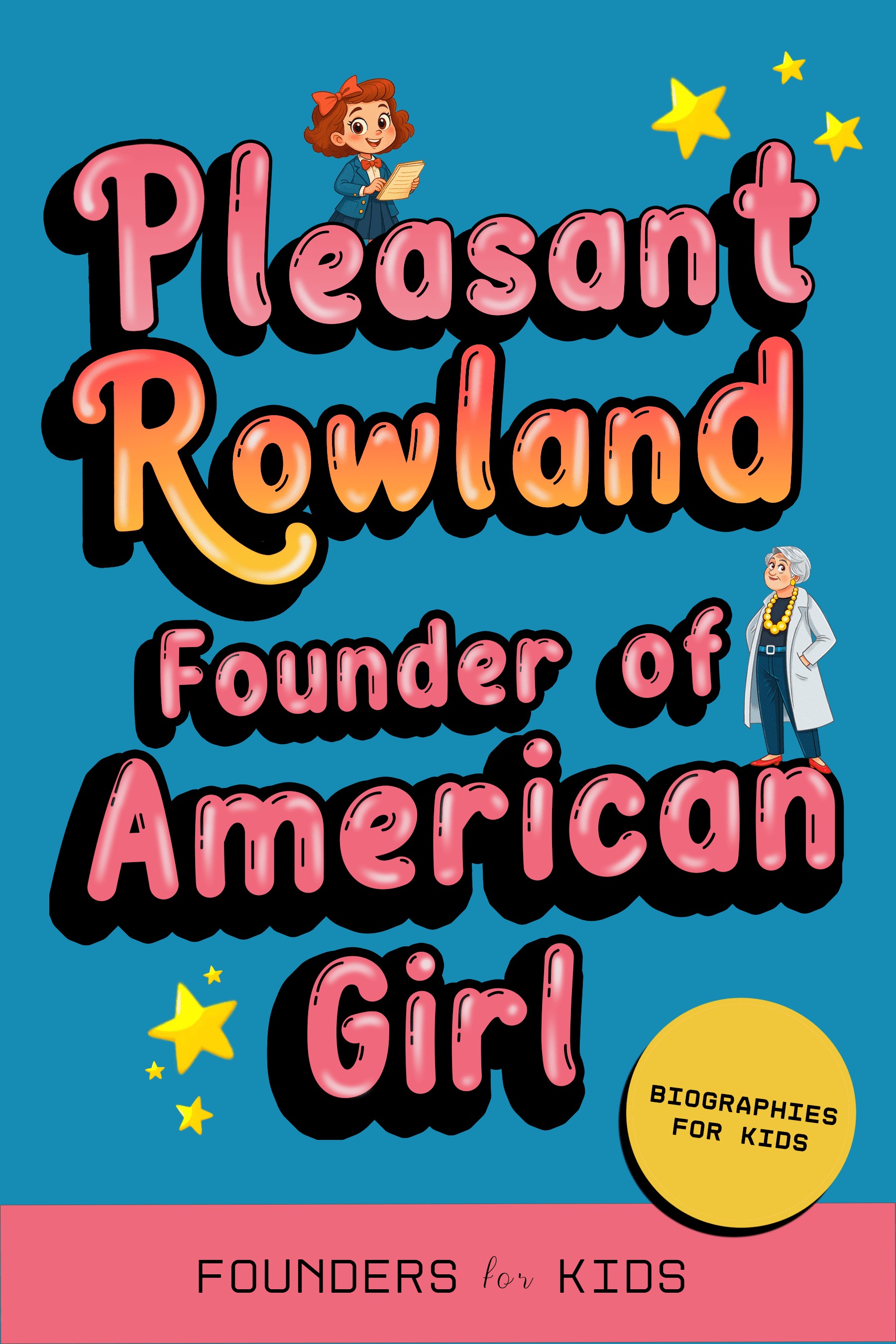Pleasant Rowland transformed the toy industry with her vision of dolls that celebrated history and education rather than fashion and makeup. Born in 1941 in Chicago, Pleasant began her career as an elementary school teacher before becoming a textbook author and eventually creating educational reading materials for children.
The inspiration for American Girl came during the 1985 Christmas season when Pleasant was shopping for dolls for her nieces. Disappointed by the limited options—either baby dolls or mature fashion dolls like Barbie—she envisioned something entirely different: historical dolls with rich backstories that could connect girls with America's past.
Drawing on her educational background, Pleasant launched the Pleasant Company in 1986 with three historical character dolls: Kirsten, a Swedish immigrant from 1854; Samantha, an orphan from 1904; and Molly, representing the World War II era. Each doll came with historically accurate clothing, accessories, and most importantly, books that told compelling stories about girls living in different time periods.
What made American Girl unique was Pleasant's attention to historical detail and educational value. The dolls weren't just toys—they were portals to understanding different eras of American history. The accompanying books addressed universal themes of courage, friendship, and resilience that resonated with young readers.
Pleasant's business acumen matched her educational vision. Starting from her basement in Madison, Wisconsin, she built American Girl into a cultural phenomenon through direct mail catalogs, creating an experience that felt exclusive and special. The dolls were expensive—about $100 each in the 1980s—but Pleasant understood that parents would invest in toys with educational value.
In 1998, Pleasant sold her company to Mattel for $700 million, but her impact remained. American Girl stores became destinations, featuring restaurants where girls could dine with their dolls, and the brand expanded to include contemporary characters and customizable dolls.
Pleasant's success demonstrated that children's entertainment could be both meaningful and commercially viable. By respecting children's intelligence and curiosity, she created a brand that has shaped generations of young girls, helping them connect with history in personal ways and understand their own potential to make history.

